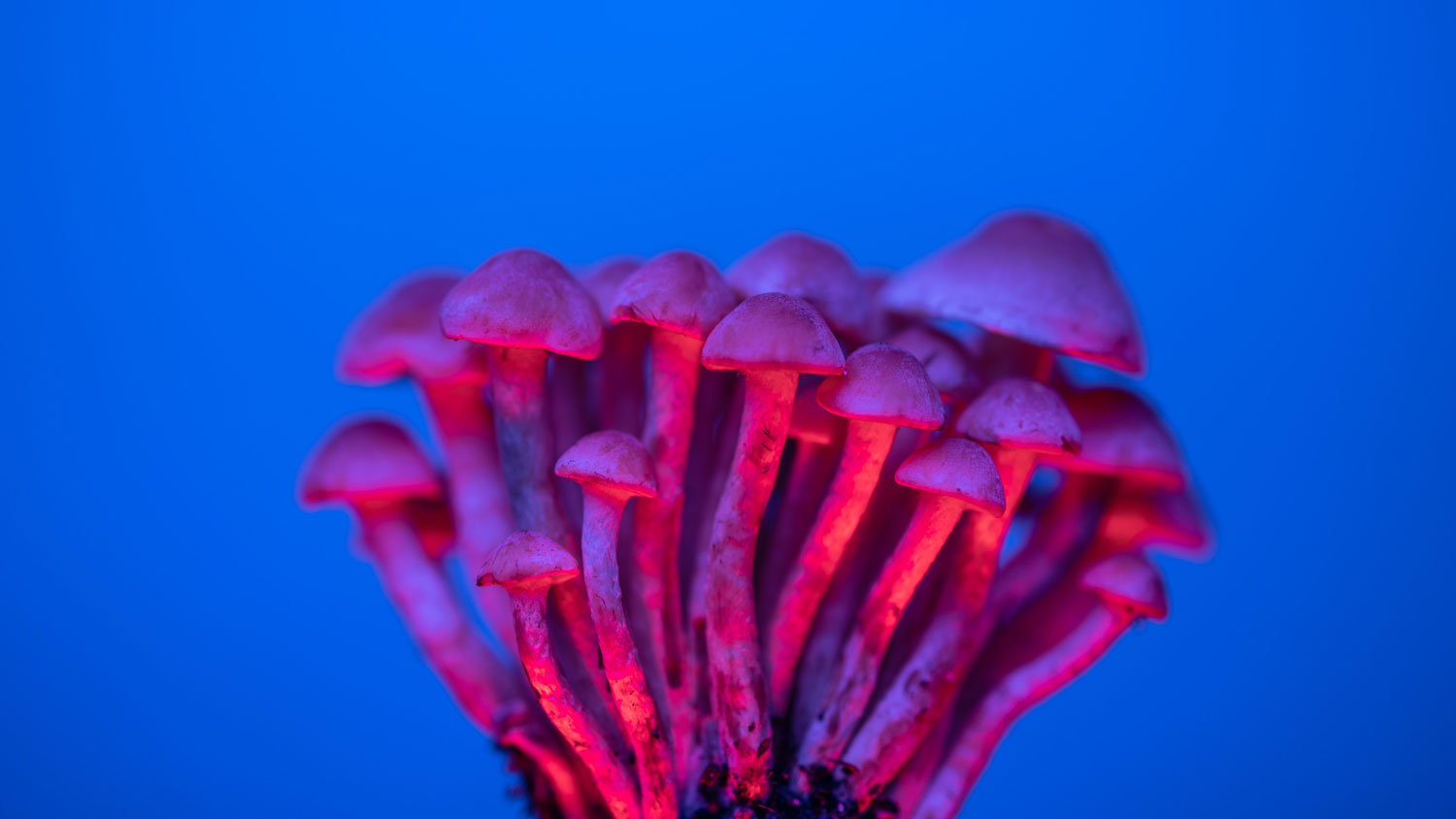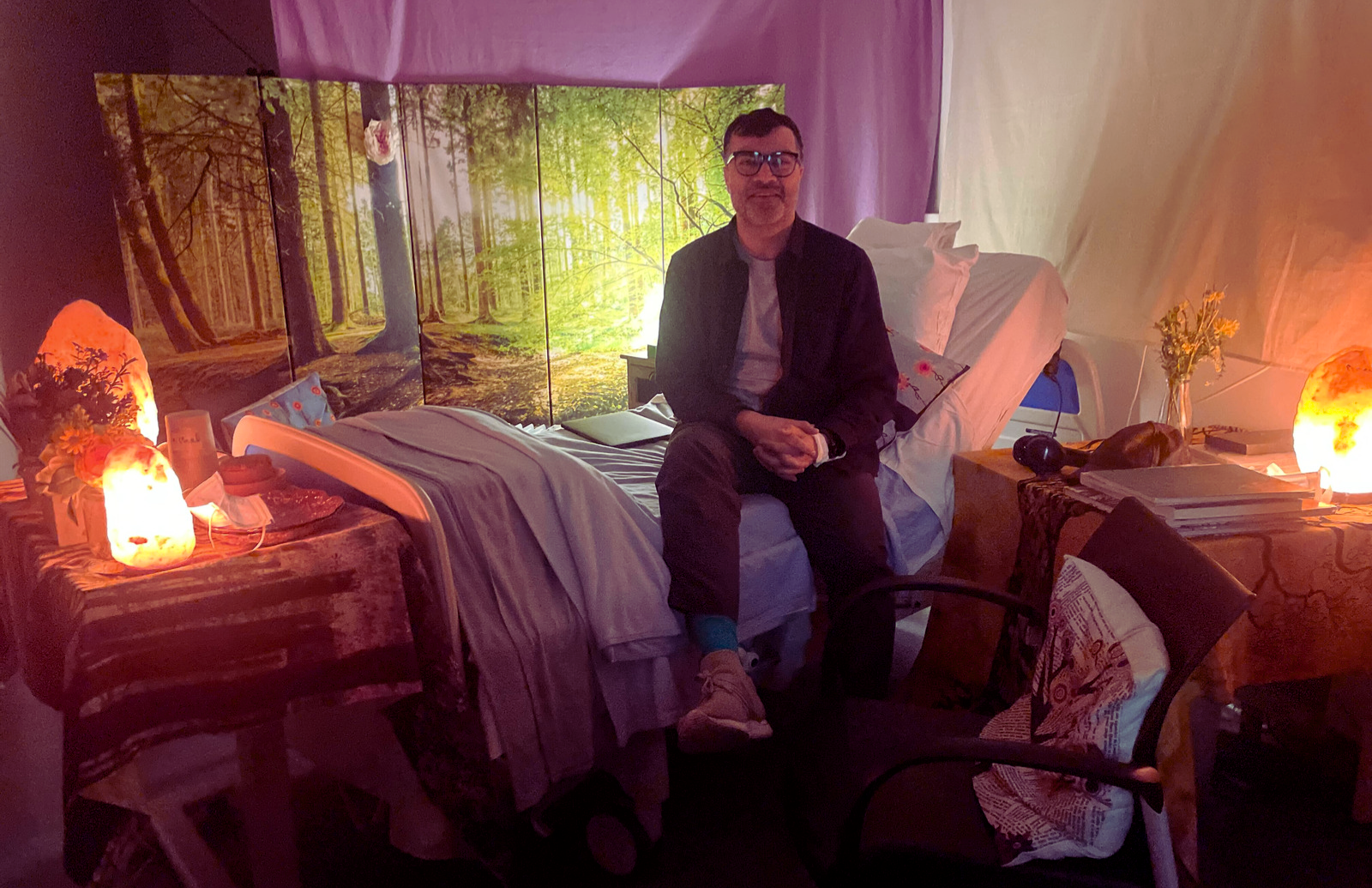Curating Music for Psilocybin Research (Part II)
02/03/2023Music plays a fundamental role in The Psilopain Project, which investi...

Nick had heard Brian's 24-hour radio station Ambient Flo and knew that we were interested in sound therapy and the power of music as therapy. He had been asked by the project lead, James B Close, to find a team of DJs who would form a panel of music experts tasked with selecting songs that would be played to chronic pain sufferers that had ingested Psilocybin, a psychoactive compound similar modelled on the naturally occurring magic mushroom.
James is part of the Centre for Psychedelic Research, a department at Imperial that has been rigorously researching the utility of a range of psychedelic drugs in treating a variety of mental health conditions, including depression and anorexia. The history of psychedelic research is fascinating and has been widely documented in recent times.
If you’d like to dig deeper, we would highly recommend Michael Pollan’s How To Change Your Mind book (and the subsequent Netflix series by the same name), or Nikhil Shah’s ‘Rough Guide To Psychedelics’.

Both writers comprehensively cover the history dating back to the 60s and 70s, when the drug broke out from the scientific confines of the lab and birthed a cultural phenomenon, which was in turn banned by governments globally, under the still ongoing banner of the ‘War on Drugs’. As a result, these drugs were driven underground and all scientific or medicinal research ended. It took 30 years for new permissions to be granted to begin testing again, leading to the current global interest in these compounds.
So far, results are extremely promising, and institutions now have 10 years of evidence that they yield little to no adverse consequences - psychosis, schizophrenia, addiction, and more.
Imperial College, alongside Johns Hopkins in the US and others around the world, are paving the way for a new era of psychedelics that has the potential to help people with a wide range of issues, relating to the mind, which seems especially pertinent at this present time, when we are all facing a plethora of problems, from the continuation of COVID-19 pandemic to the current energy crisis.
In James B Close's words:
Music is an essential component of the psychedelic-assisted therapy. When developing our Psilopain study, we quickly recognised that we needed someone with a deep understanding of music and its applications. Brian's (d'Souza) background in sound therapy, music psychology and experience as a DJ made him the ideal candidate for the job. Using the Swell technology allows seamless playback, with the flexibility our guides need to deliver music effectively.